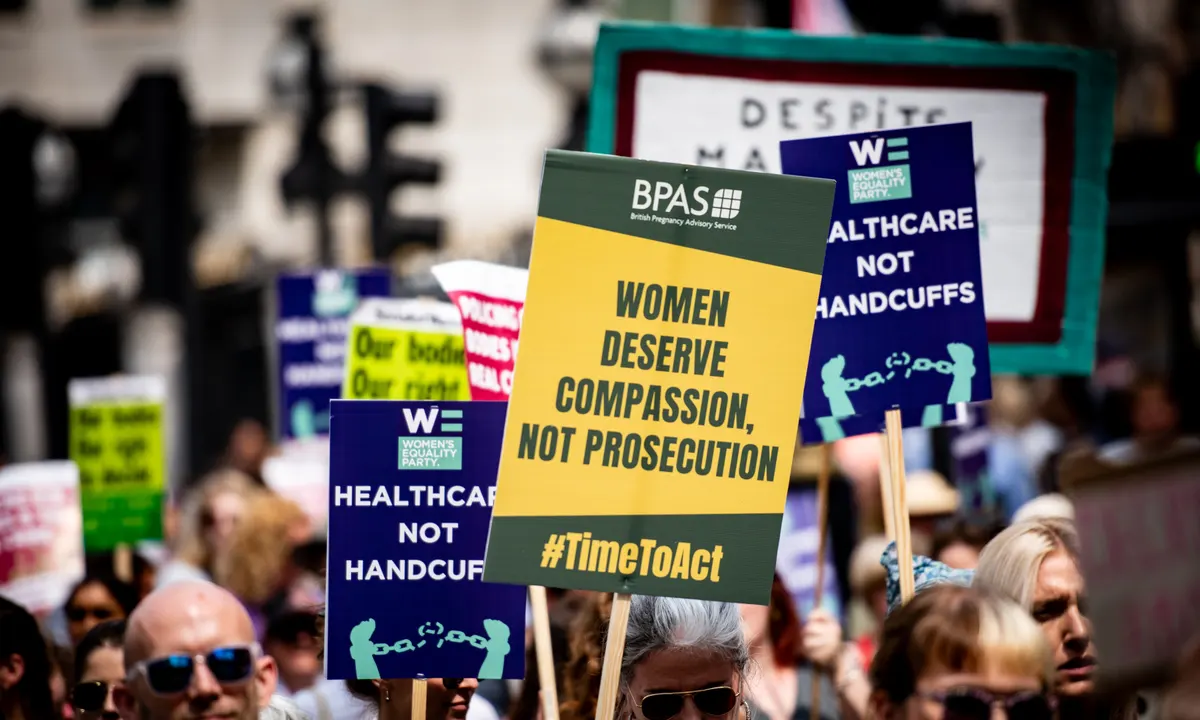Britain Considers Major Changes to its Abortion Laws
The UK is reevaluating its abortion laws as calls grow to modernize outdated legislation. MPs will soon vote on amendments that could fully decriminalize termination and lower the gestational limit. This comes as other nations like the US roll back protections in a polarizing trend. Britain may chart a different course by removing abortion from the criminal code in a push for a health-based approach.
Currently, the UK allows termination up to 24 weeks under certain conditions. But some see this and the criminal prohibitions as overly restrictive. The high-profile prosecution of a woman for a self-managed abortion added momentum for change. Polls show most support women having access without fear of jail time. Key figures like Labour MP Diana Johnson are leading the charge to treat abortion as a private medical issue free from criminal sanctions.
MPs Debate Liberalizing Restrictive Abortion Laws

Not all MPs back liberalizing the country’s abortion laws. Some Conservatives want to reduce the gestational limit or create exceptions for disabilities like Down syndrome. However, decriminalization has support from medical groups concerned about prosecuting doctors. As in other nations, abortion remains divisive in the UK. But most indicators suggest public support for the current framework or further reforms that expand rather than limit access and choice for women.
How the debate in Parliament unfolds could impact abortion laws across the country for years. More moderate changes may pass with a consensus-seeking approach. But more radical proposals risk galvanizing opposition and stalling progress. Regardless of the outcome, the discussion highlights that women’s reproductive rights remain politically contentious globally despite a trend toward greater acceptance among the public. Britain may offer an alternative path by treating the issue as one of health rather than crime.





